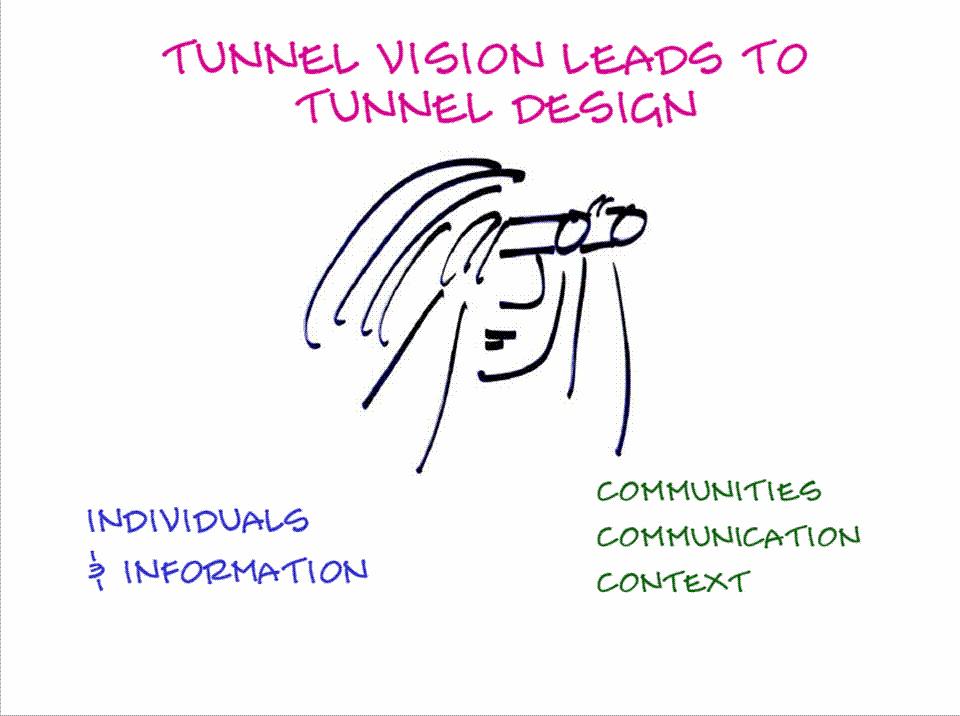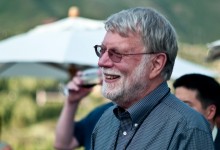Strange things happen on my way to work and they lead to awkward insights. For example: last week on the train to Brussels my computer bag got stolen and now I am convinced that knowledge is a social fabric.
In case you would wonder: I suffer no trauma and no harm was done. Moreover: the police officer who took note of my claim told me that I was his 4th theft that day – and it was 8 am!
The stolen bag and the annoyances that it brought forth were as time consuming as I expected them to be, except for one observation: the way I recovered all of the data, information and knowledge that I lost. I am a management consultant, so my portable computer and my paper notebook are vital work instruments.
The way I got a hold on the stuff that I lost was fairly simple:
- trace back the ‘sent’ and ‘received’ emails on the email server
- ask people to send me back one or other document that I sent them earlier on
- go to a network drive, document management system or any other web-based platform where I previously shared, published or distributed documents and files

I have to say that this way of recycling got me astonishingly far into reconstructing what I considered ‘my knowledge base’. And that’s when it hit me: my computer and my notebook may contain far more data and information than the parts that I recollected, but the important bits that make up my knowledge had been shared, distributed, copied or discussed with others.
Getting my computer bag stolen is a strange way to confirm that knowledge is a social fabric. Along the lines of the thinking of John Seely Brown, my hard earned evidence demonstrates that knowledge is a social thing. It exists in action, participation with the world, participation with problems and participation with other people, i.e., practices. All of my knowledge came into being through the practices of the people and the environment I’m working in.
To summarize I would like to use a quote that is generally attributed to Aristotle and modify it in order to make sense of my insight:
1. Aristotle once said:
“We are what we repeatedly do. Excellence, therefore, is not an act, but a habit.”
2. A management consultant now says:
“We know what we repeatedly share. Knowledge therefore, does not reside in individuals, but in communities.”



Pingback: Luc’s Thoughts on Organizational Change » Blog Archive » Less Training, more Learning!()
Pingback: Luc’s Thoughts on Organizational Change » Houston we have a SMART problem()